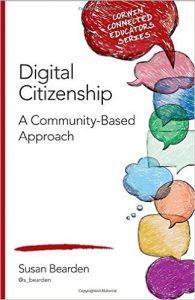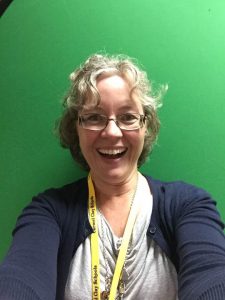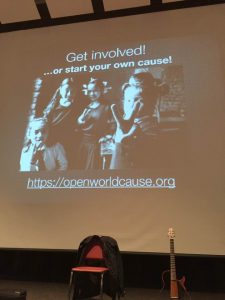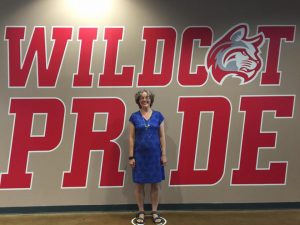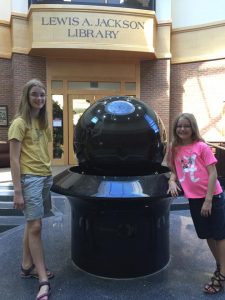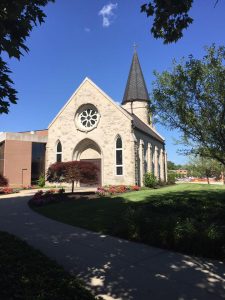In my quest to learn all there is to know about education (ha!), I’ve joined a bookclub run by the Indiana Department of Education. We’re reading this book, Digital Citizenship, which is terrific so far.
The link is here:
It just started yesterday, so I’m pretty sure you can still join. You can earn up to 14 PGPs, which doesn’t really affect me yet, because I’m not a Real Teacher, but which is interesting for the future, and might be interesting to someone reading this!
Susan Bearden lays out a definition of digital citizenship and the categories within it: Internet Safety, Privacy and Security, Relationships and Communication (she’s including cyberbullying within that), Digital Footprints and Reputation, Self-Image and Identity, Information Literacy, and Creative Credit and Copyright.
Full disclosure: I’ve only read the first chapter so far, because I’m trying to follow the bookclub “rules” and do a chapter at a time. But so far she’s written a very coherent and (it seems to me) thorough summary of this topic. I’m excited to read the rest of the book, and figure out how to incorporate these ideas in my teaching, both in the computer lab and later on, in a classroom.
I think the book would be interesting for parents to read as well. It’s part of a series called the Corwin Connected Educators Series, but this particular topic is of high interest to a lot of parents, who are struggling to deal with tools and abilities that we did not have to deal with when we were young. It’s like all of our kids got this superpower in their cribs. We got it too, but we’re older and had a structure with which to deal with it. The difference between a Superbaby and an adult getting superpowers is control and understanding.
That being said, it’s true that a lot of us need the benefits of a thoughtful approach in dealing with this brave new world. Bearden (so far! will update as I go along!) has thought through the rules of life in this Internet world, and is laying out the issues for us.
I bought the book on amazon.com. It’s $10, although there are used copies available for slightly less. The kindle version is $9.50 but I thought it would be useful to have this available to loan out.
If you’d rather avoid the bookclub, I would still recommend this book. I’ll update as I go along throughout the club!

